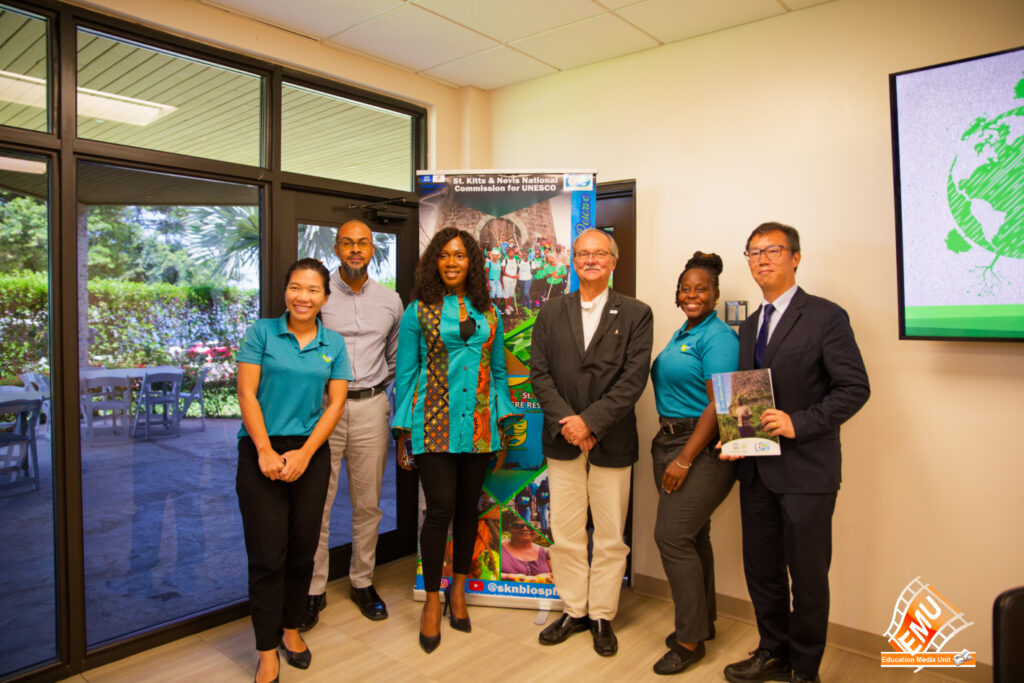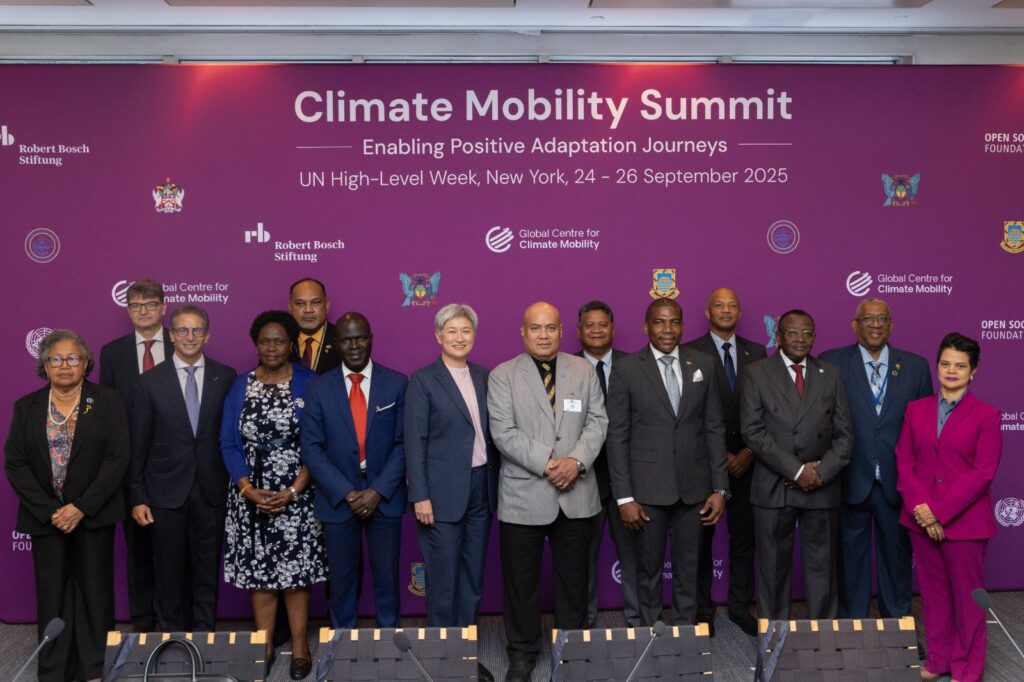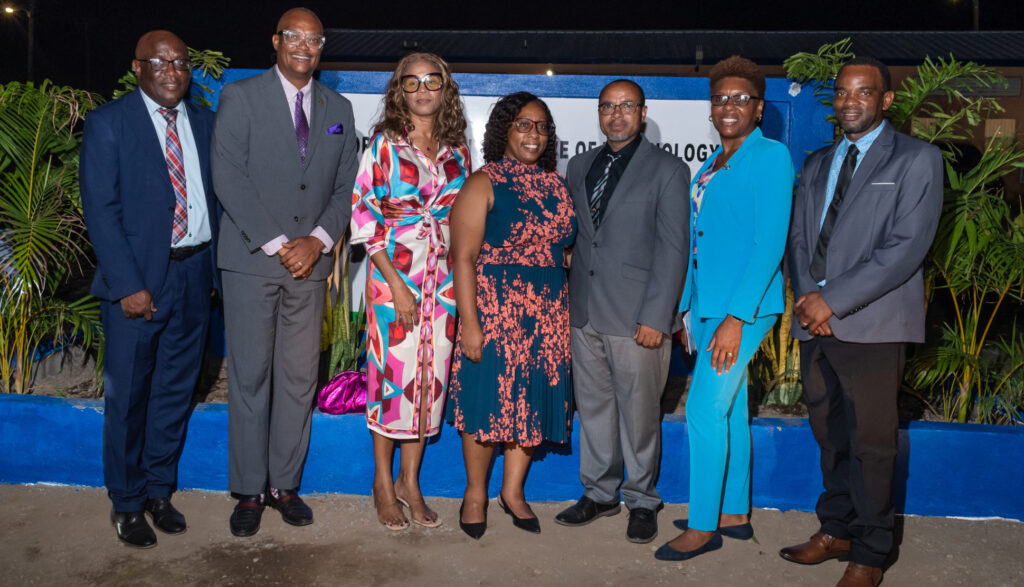Stakeholder Workshop on the Impact Assessment of the Single-Use Plastic Ban, Hosted by UNESCO NATCOM
Paragraph 1: Introduction
The UNESCO National Commission for St. Kitts and Nevis hosted a critical stakeholder workshop to evaluate the effects of the single-use plastic ban implemented in the Federation. This initiative aligns with the global movement to mitigate the detrimental environmental consequences of plastic pollution, particularly concerning its impact on marine ecosystems and human health. Single-use plastics, designed for short-term utility and readily discarded, have become a ubiquitous source of pollution, necessitating regulatory interventions to curb their proliferation. The workshop served as a platform for diverse stakeholders, including government agencies, businesses, civil society organizations, and community members, to share their perspectives, experiences, and recommendations regarding the ban’s implementation and effectiveness.
Paragraph 2: The Problem of Single-Use Plastics
The pervasiveness of single-use plastics poses a significant environmental challenge. These items, often composed of non-biodegradable materials, clog waterways, contaminate soils, and pollute oceans. Their breakdown into microplastics exacerbates the problem, entering the food chain and potentially impacting human health. Furthermore, the production of single-use plastics contributes to greenhouse gas emissions, intensifying the climate crisis. The ban on these items represents a crucial step towards mitigating these negative impacts and fostering a more sustainable approach to consumption and waste management.
Paragraph 3: The St. Kitts and Nevis Single-Use Plastic Ban
The St. Kitts and Nevis government’s decision to ban single-use plastics demonstrates the nation’s commitment to environmental stewardship. The ban targets specific items such as plastic bags, straws, and Styrofoam containers, encouraging the adoption of reusable alternatives. Such regulations aim to shift consumer behavior, promote responsible waste management practices, and reduce the nation’s overall plastic footprint. The workshop provided an opportunity to assess the progress made since the ban’s implementation and identify any challenges or unintended consequences.
Paragraph 4: Stakeholder Perspectives and Workshop Outcomes
The workshop facilitated a dynamic exchange of information and perspectives among stakeholders. Businesses shared their experiences adapting to the ban, highlighting both successes and challenges. Community members discussed the perceived impact of the ban on their daily lives, including changes in shopping habits and waste disposal practices. Government agencies offered insights into enforcement mechanisms and the overall effectiveness of the ban in achieving its objectives. The workshop likely generated valuable recommendations for improving the ban’s implementation, promoting public awareness, and supporting businesses in transitioning to more sustainable alternatives. Discussions may have also addressed the economic implications of the ban, including potential job losses and increased costs for businesses and consumers.
Paragraph 5: Addressing Challenges and Moving Forward
While the ban on single-use plastics represents a significant step towards environmental sustainability, its successful implementation requires ongoing effort and collaboration. Challenges such as ensuring compliance, providing affordable alternatives, and managing the increased demand for reusable products need to be addressed effectively. Furthermore, educating the public about the rationale behind the ban and fostering a culture of responsible consumption is crucial for long-term success. The workshop likely highlighted the importance of continued dialogue and collaboration among stakeholders to ensure the ban’s effectiveness and to maximize its positive impact.
Paragraph 6: Broader Implications and Long-Term Vision
The St. Kitts and Nevis single-use plastic ban serves as an example for other nations grappling with the challenge of plastic pollution. The workshop’s outcomes and recommendations can inform policy decisions and implementation strategies in other regions. The global effort to reduce plastic waste requires a multi-faceted approach, encompassing regulations, technological innovation, and behavioral change. By sharing experiences and collaborating internationally, countries can work towards a future where plastic pollution is significantly reduced, protecting both the environment and human health. The UNESCO National Commission’s proactive role in organizing this workshop underscores the importance of engaging stakeholders in the pursuit of sustainable development goals. The long-term vision is to transition to a circular economy model, where plastics are reused, recycled, and ultimately eliminated from the waste stream.
Share this content:












Post Comment